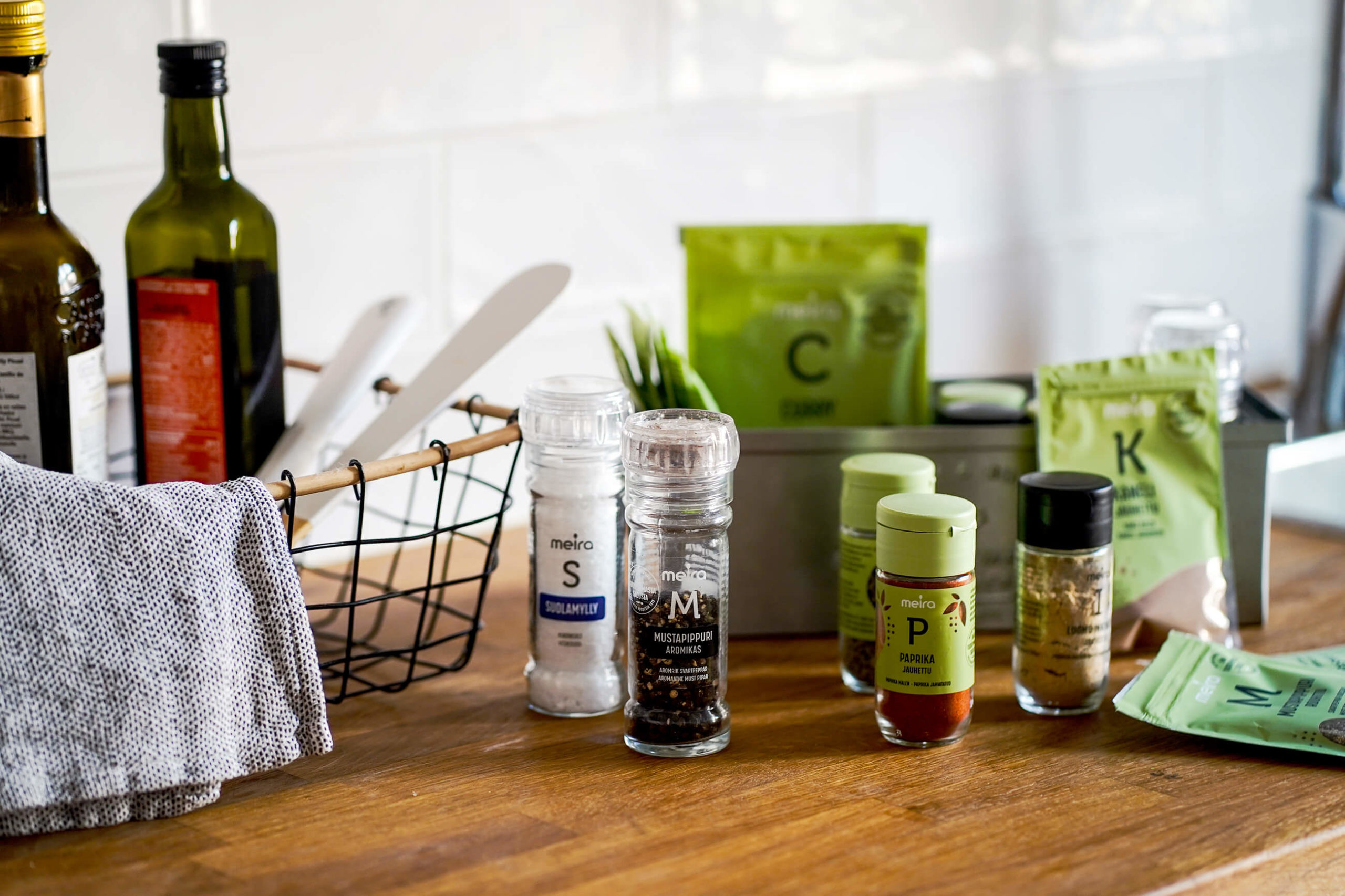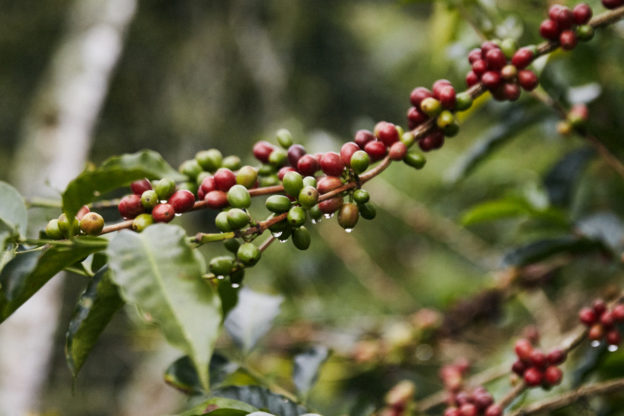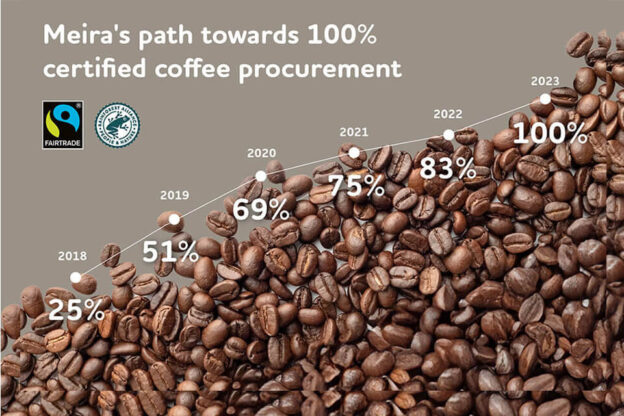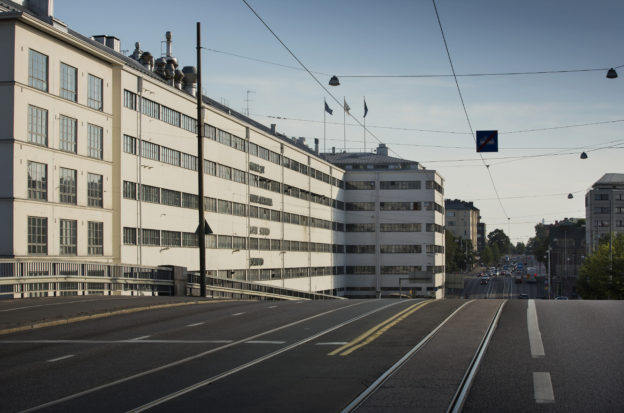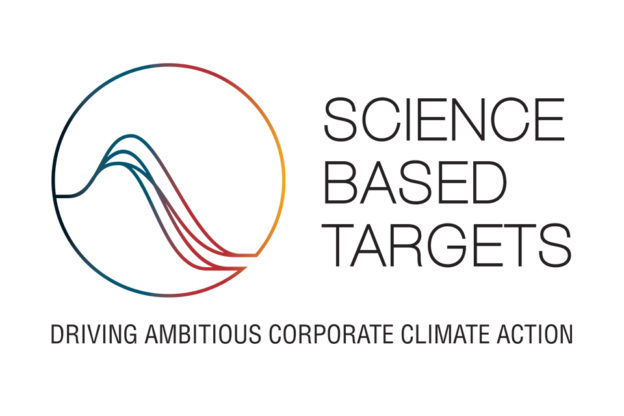Our procurement is guided by our strict quality specifications, for example in terms of freshness and product safety. In addition, the availability and market situation, the sustainability and risk analysis performed for each raw material and our principles of sustainable sourcing guide our procurement. Certifying the sustainability of spices requires resilience, perseverance and professionalism.
The raw material trade in spices is global and fragmented. As much as 90% of spices come from smallholders, which on one hand brings vitality and wealth to the countryside of the countries of origin, but on the other hand makes the traceability of spices challenging. There are about 80 raw materials in the category of dry spices. Our largest countries of origin are China, Vietnam, Indonesia and India, all of which are so-called countries at risk. That is why we always pay special attention to the protection of human rights, the environment and ethical business principles in our supply chains.
In order to offer our customers reliable, high-quality, fresh and sustainably produced spices, we need to cooperate with our suppliers and producers on a long-term basis. We use many different tools to verify the sustainability of the raw materials. We primarily use third-party certification or verification (e.g. the Rainforest Alliance, Fair Trade).We also accept raw materials delivered through our partners ’sustainability programs, if the principles of the program correspond to the principles and requirements of our procurement policy, e.g. respect for human rights and the protection of the environment, and if our partner can verify the implementation of the program up to the farm level. We also conduct audits of the supply chain ourselves.
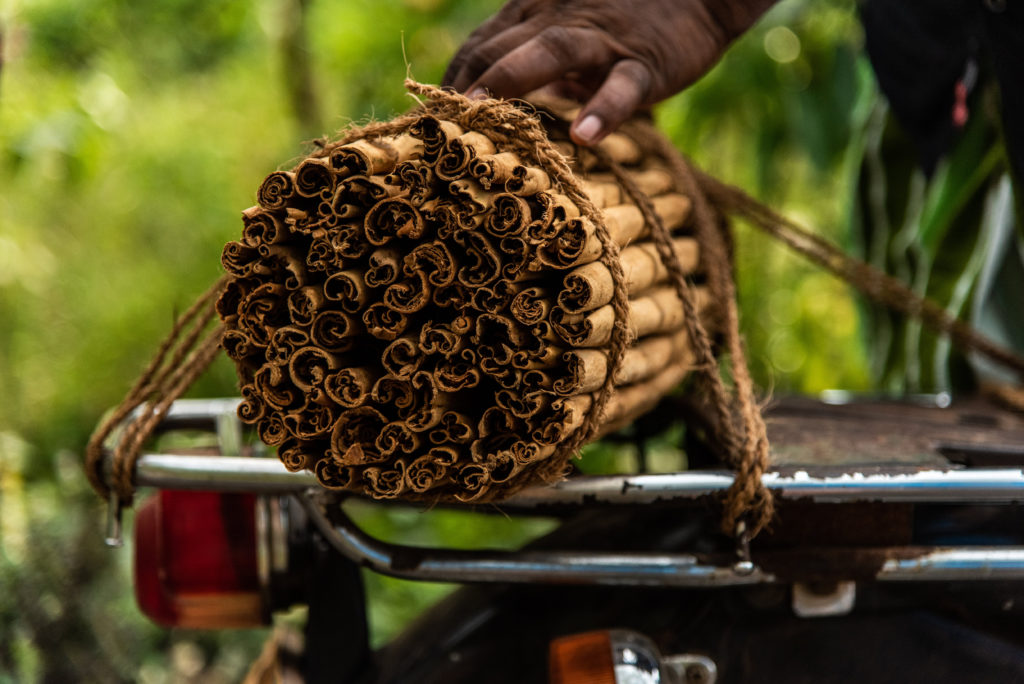
Over the past year, we have analyzed the sustainability risks and opportunities of dry spice raw materials and outlined ambitious numerical sustainability targets:By the end of 2023, 80% of the raw materials for dry spices will come from certified or low-risk sources (based on the BSCI classification). In 2026 we aim for 90% and in 2030 our goal is a full 100%.
In order to reach our goal, we constantly replace the so-called traditional raw materials with raw materials certified or made responsible through our partners sustainability programs. In the last 1.5 years, we have already turned 22 raw materials into responsibility-certified or covered by a partnership program. Among other things, all our black and white peppers come from farms certified as part of our partner’s sustainability program and our ginger and clove are Rainforest Alliance certified. This year, we also launched the Meira Premium Spices series, whose products are Fair Trade and Organic certified or domestic.
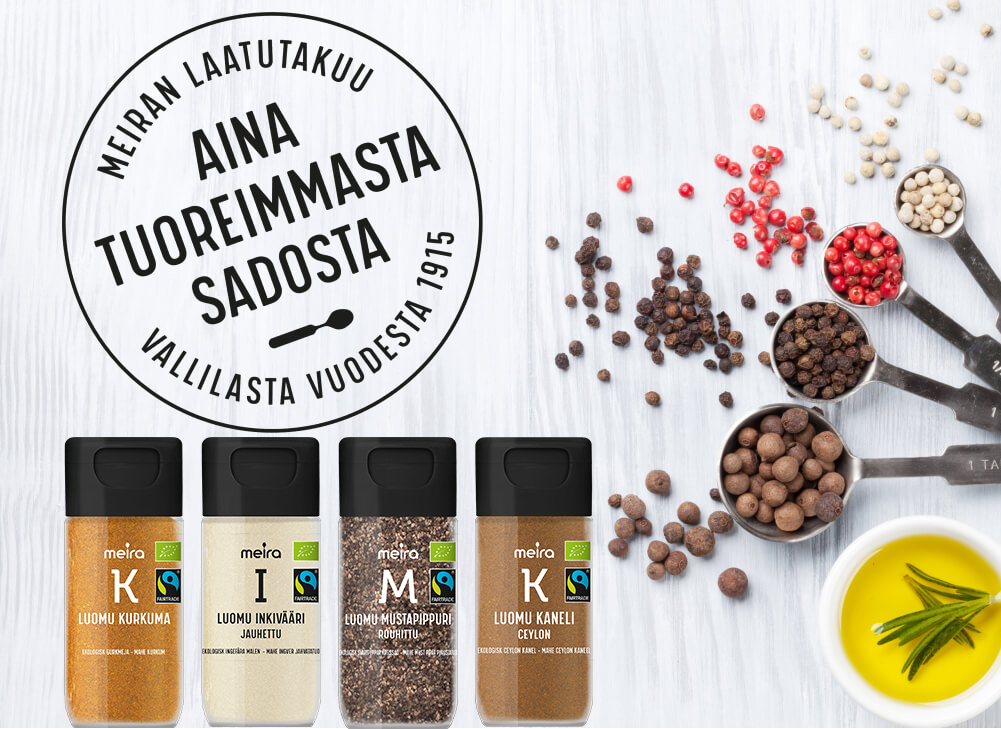
All our spices are developed, manufactured and packaged in Finland.The wide range of products, as well as the taste, freshness, quality, purity and low salinity of the products have made Meira the market leader in dry spices in Finland.
We encourage consumers to adopt healthier eating habits by offering a wide range of spices for fish and vegetarian dishes. We have developed a wide range of spice blends with no added salt. In products that contain salt, the salt we use is iodized. We produce our additive-free ketchup with biogas. All of our seasoning ingredients are GMO-free.
We want to offer consumers great taste, joy and inspiration for the dining table. At the same time, we also want to take care of the well-being of people and the environment, all the way from our Vallila factory to the dining tables and the countries of origin. Meira spices taste even better when we know that they have also been produced in the interests of farmers and our planet.
